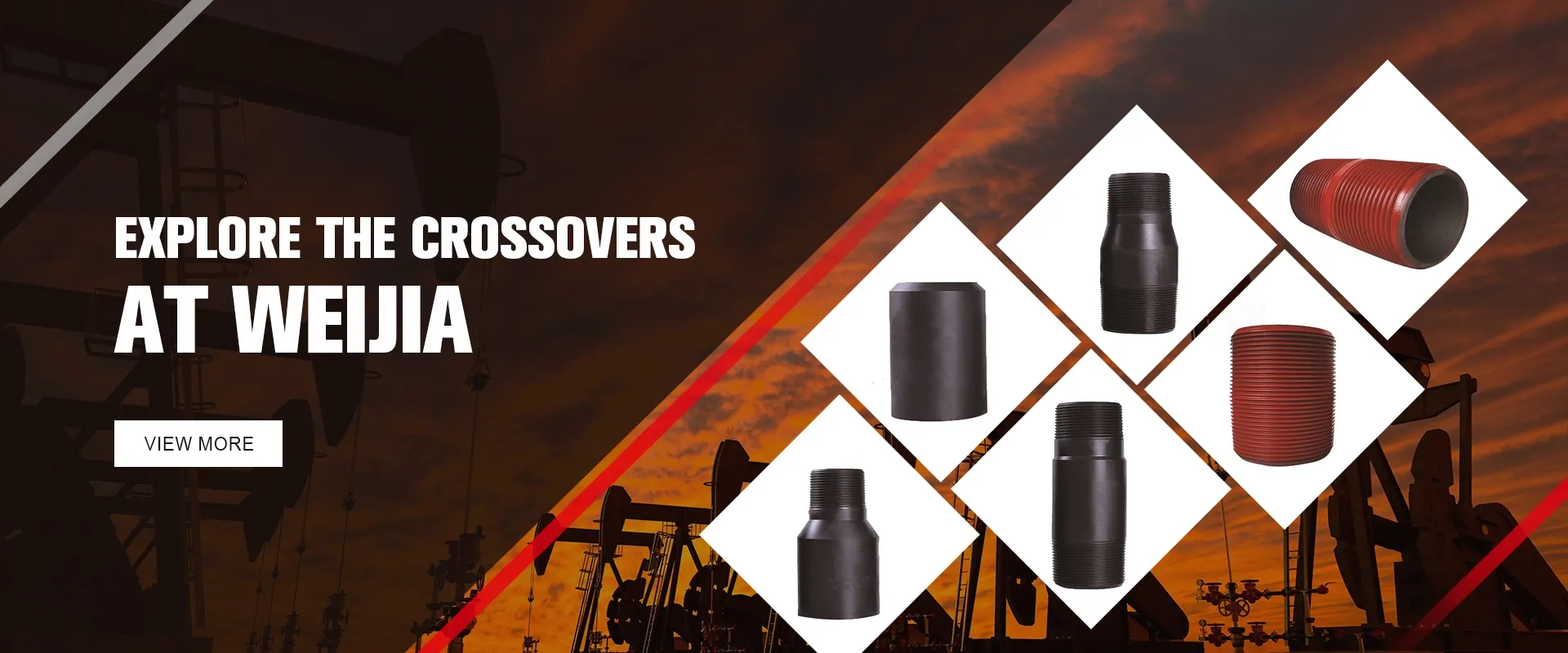- Afrikaans
- Albanian
- Amharic
- Arabic
- Armenian
- Azerbaijani
- Basque
- Belarusian
- Bengali
- Bosnian
- Bulgarian
- Catalan
- Cebuano
- Corsican
- Croatian
- Czech
- Danish
- Dutch
- English
- Esperanto
- Estonian
- Finnish
- French
- Frisian
- Galician
- Georgian
- German
- Greek
- Gujarati
- Haitian Creole
- hausa
- hawaiian
- Hebrew
- Hindi
- Miao
- Hungarian
- Icelandic
- igbo
- Indonesian
- irish
- Italian
- Japanese
- Javanese
- Kannada
- kazakh
- Khmer
- Rwandese
- Korean
- Kurdish
- Kyrgyz
- Lao
- Latin
- Latvian
- Lithuanian
- Luxembourgish
- Macedonian
- Malgashi
- Malay
- Malayalam
- Maltese
- Maori
- Marathi
- Mongolian
- Myanmar
- Nepali
- Norwegian
- Norwegian
- Occitan
- Pashto
- Persian
- Polish
- Portuguese
- Punjabi
- Romanian
- Russian
- Samoan
- Scottish Gaelic
- Serbian
- Sesotho
- Shona
- Sindhi
- Sinhala
- Slovak
- Slovenian
- Somali
- Spanish
- Sundanese
- Swahili
- Swedish
- Tagalog
- Tajik
- Tamil
- Tatar
- Telugu
- Thai
- Turkish
- Turkmen
- Ukrainian
- Urdu
- Uighur
- Uzbek
- Vietnamese
- Welsh
- Bantu
- Yiddish
- Yoruba
- Zulu
Well Casing Couplers for Enhanced Oil and Gas Well Integrity and Performance
Well Casing Couplers A Vital Component in Oil and Gas Operations
In the oil and gas industry, the integrity of wellbore construction is critical. One pivotal component of this construction is the well casing coupler. Casing couplers serve as connections between different sections of casing pipes that are used to line the borehole of an oil or gas well. Their function is crucial for maintaining the stability and reliability of the well, ensuring that it can withstand the pressures and environmental conditions found underground.
Understanding Well Casing
Before delving deeper into the significance of casing couplers, it’s important to understand what well casing is. Casing is a series of steel pipes that are installed in the wellbore after drilling to provide structural integrity. Its primary role is to prevent the well from collapsing, isolate different geological formations, and protect groundwater from contamination. The casing is typically installed in sections, and this is where casings couplers come into play.
The Role of Well Casing Couplers
Casing couplers are devices designed to connect different sections of casing securely. They ensure that the segments are aligned correctly and that there is a tight seal to prevent leakage of hydrocarbons or drilling fluids. Made from high-strength materials, these couplers must withstand the extreme conditions of temperature and pressure found in deep wells while also being resistant to corrosion and wear.
There are various designs of casing couplers, including threaded, welded, and snap-on types. Each type has its advantages and limitations, and the choice depends on the specific requirements of the well being drilled. The proper selection and installation of casing couplers contribute significantly to the safety and efficiency of drilling operations.
Installation and Maintenance
The installation of casing couplers requires precision and expertise. Improper installation can lead to catastrophic failures such as casing collapse or leaks, which can compromise the entire well and create environmental hazards. Hence, personnel involved in the installation process must be highly trained and follow industry standards and guidelines.
well casing coupler

Moreover, maintenance is essential to prolong the lifespan of the couplers and the entire casing system. Regular inspections for signs of wear, corrosion, or damage can help identify potential issues before they escalate. Preventative measures, including the use of protective coatings and regular cleaning, can enhance the durability of the couplers.
Environmental Considerations
With increasing focus on environmental sustainability, the oil and gas industry is under pressure to minimize the ecological footprint of drilling operations. Casing couplers play a crucial role in this context. A well-sealed casing system ensures that drilling fluids and hydrocarbons do not contaminate surrounding soil and groundwater, thereby protecting local ecosystems.
Advancements in technology and materials science have led to the development of more eco-friendly casing couplers. These innovations aim to reduce the environmental impact of drilling while maintaining the necessary strength and reliability.
Future Innovations
The future of well casing couplers looks promising, with ongoing research aimed at enhancing their performance. Smart couplers equipped with sensors that monitor pressure and temperature in real-time are being explored. These innovations could allow for proactive maintenance and minimize the risk of failures, making drilling operations safer and more efficient.
Additionally, the integration of advanced materials will likely lead to even stronger and more durable couplers. With the increasing shift toward unconventional oil and gas extraction methods, such as deep-water drilling and hydraulic fracturing, the demand for sophisticated casing couplers will only grow.
Conclusion
In conclusion, well casing couplers are an indispensable component of oil and gas drilling operations. They not only ensure the structural integrity of the well but also play a significant role in environmental protection. As the industry continues to evolve, so too will the technology behind casing couplers, paving the way for safer and more sustainable drilling practices. Understanding and appreciating the importance of these components is vital for anyone involved in the oil and gas sector, as they represent a critical line of defense against operational failures and environmental risks.
-
Tubing Pup Joints: Essential Components for Oil and Gas OperationsNewsJul.10,2025
-
Pup Joints: Essential Components for Reliable Drilling OperationsNewsJul.10,2025
-
Pipe Couplings: Connecting Your World EfficientlyNewsJul.10,2025
-
Mastering Oilfield Operations with Quality Tubing and CasingNewsJul.10,2025
-
High-Quality Casing Couplings for Every NeedNewsJul.10,2025
-
Boost Your Drilling Efficiency with Premium Crossover Tools & Seating NipplesNewsJul.10,2025







